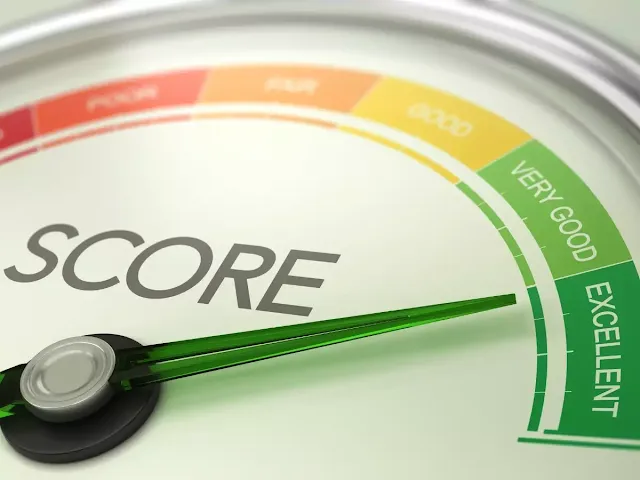Your credit and CIBIL score are important indicators of your financial health and can have a significant impact on your ability to borrow money and access financial products and services. In this article, we'll explore what credit and CIBIL scores are, how they are determined, and how you can improve and maintain a good credit and CIBIL score.
First, let's define what credit and CIBIL scores are. Credit scores are numerical ratings that reflect your creditworthiness and financial history. They are typically used by lenders, landlords, and other financial institutions to evaluate your ability to pay back loans and debts. CIBIL scores, on the other hand, are specifically used in India to measure creditworthiness and are maintained by the Credit Information Bureau (India) Limited (CIBIL). Both credit scores and CIBIL scores range from 300 to 900, with higher scores indicating a better credit history and a lower risk of default.
So, how are credit and CIBIL scores determined? Credit scores and CIBIL scores are based on a variety of factors, including your payment history, the amount of debt you have, the length of your credit history, and the types of credit you have used. Payment history is perhaps the most important factor, as it reflects whether you have consistently paid your bills on time. Late or missed payments can have a negative impact on your credit and CIBIL score, while a history of on-time payments can boost your score.
The amount of debt you have is also a key factor in determining your credit and CIBIL score. High levels of debt, particularly if you are close to maxing out your credit cards, can lower your score. On the other hand, having a low debt-to-credit ratio, which means you are using a smaller percentage of your available credit, can improve your score.
Your credit history, or the length of time you have had credit, is also a factor in determining your credit and CIBIL score. A longer credit history can be beneficial, as it demonstrates a track record of responsible credit usage. However, it's important to note that a short credit history does not necessarily mean a low credit score, especially if you have a solid payment history and low debt levels.
Finally, the types of credit you have used can also impact your credit and CIBIL score. Different types of credit, such as credit cards, mortgages, and car loans, can be weighted differently in the scoring process. Having a mix of different types of credit can be a positive factor in your score, as it demonstrates your ability to manage different types of credit responsibly.
So, how can you improve and maintain a good credit and CIBIL score? One of the most important things you can do is to pay your bills on time, every time. Late payments can have a significant negative impact on your score and can take a long time to recover from. It's also a good idea to keep your debt levels low, particularly if you are using a high percentage of your available credit. You can also improve your score by building a long and diverse credit history, which can be done by using different types of credit responsibly over time.
In conclusion, your credit and CIBIL scores are important indicators of your financial health and can have a significant impact on your ability to access financial products and services. By paying your bills on time, keeping your debt levels low, and building a long and diverse credit history, you can improve and maintain a good credit and CIBIL score, which can open up new financial opportunities and help you achieve your financial goals.

